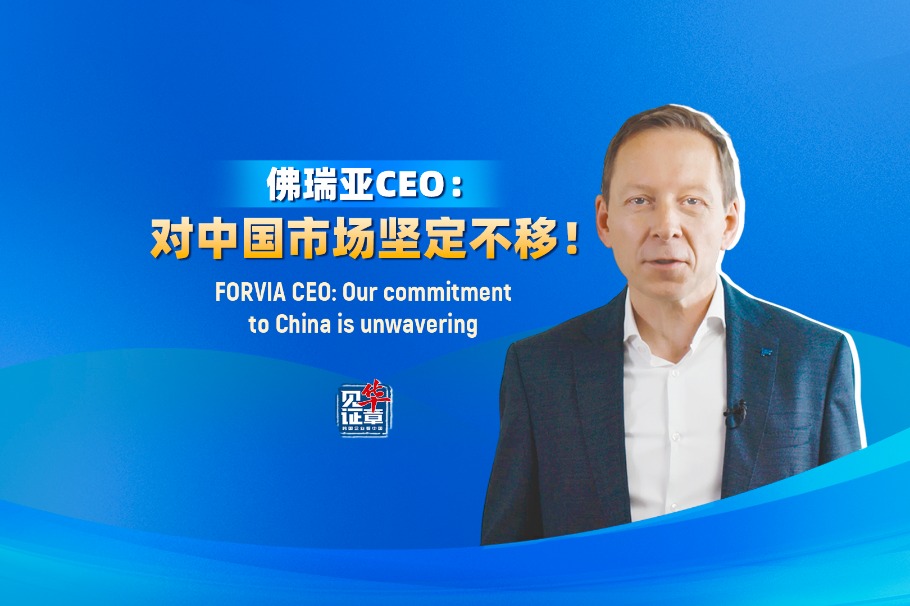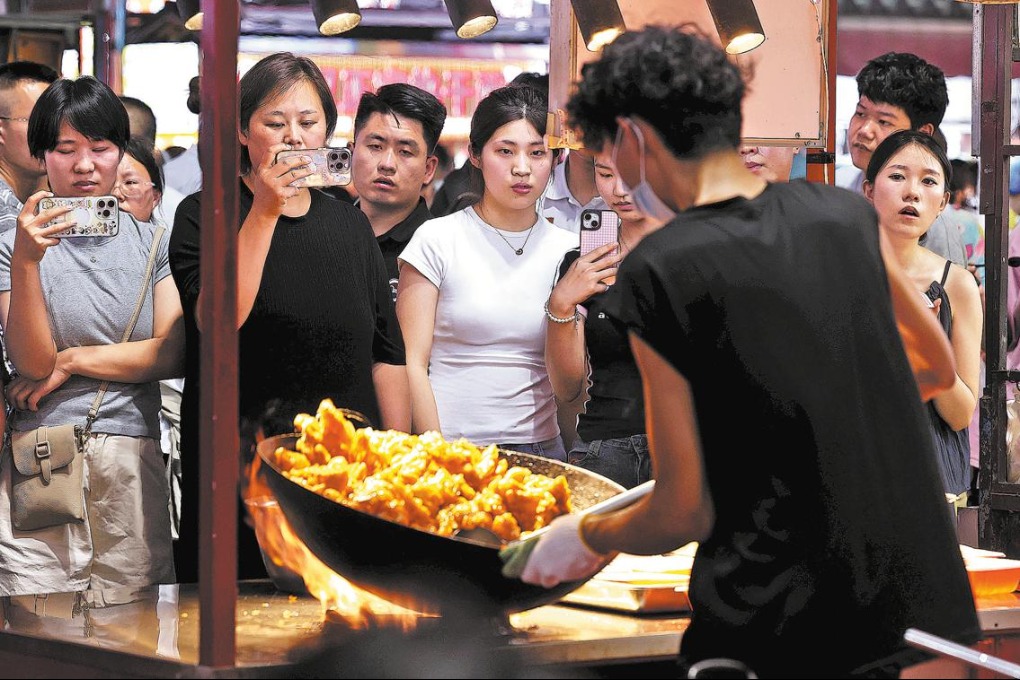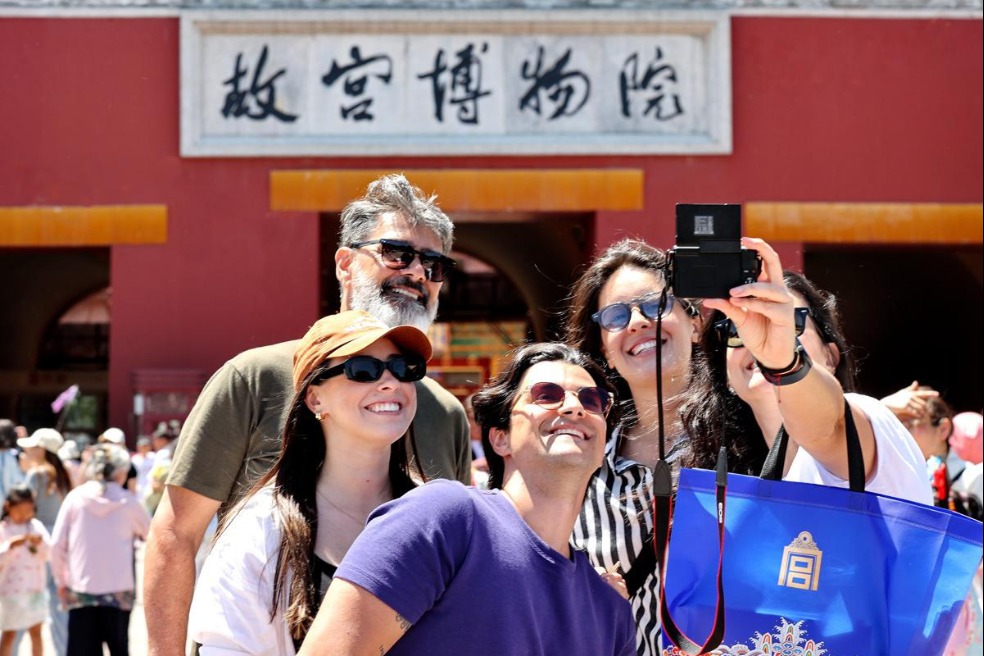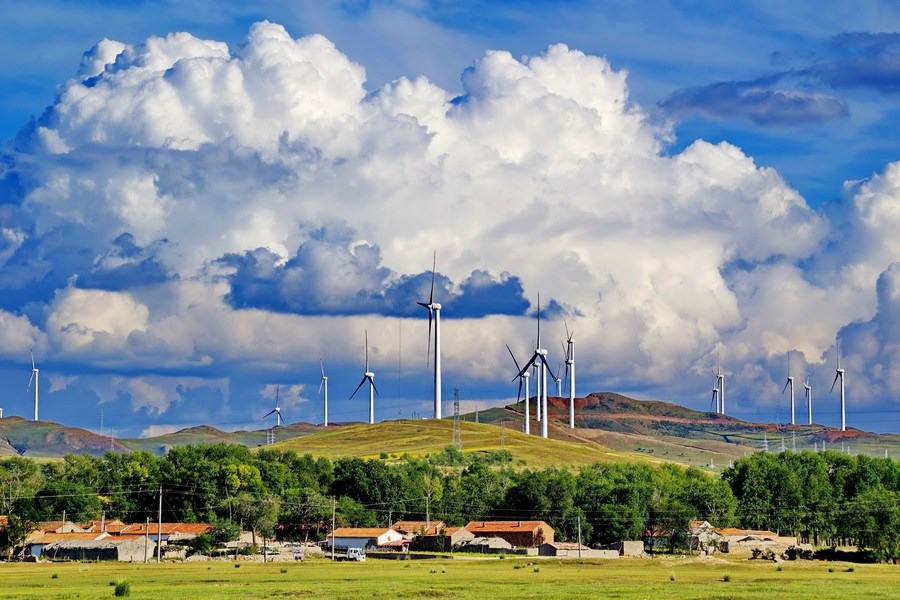World can recover and transform


With the right responses, the global community has an opportunity to emerge stronger from the current crisis with more inclusive, resilient and sustainable economies
In September 2019, the international community committed to step up its drive toward the achievement of the 2030 Agenda for Sustainable Development. As a result, the year 2020 is supposed to usher in the beginning of a Decade for Action to enable the acceleration of sustainable solutions to the world's biggest challenges, aligned to the 17 sustainable development goals (SDGs).
With the onset of COVID-19, these challenges have been amplified. The world is tackling a global health crisis that is destabilizing the global economy and posing a massive threat to humanity. Progress made on the SDGs is being reversed. The United Nations has estimated that 60 million more people are now living in extreme poverty than before the crisis. Up to half the global workforce-1.6 billion people are without livelihoods, with a loss of $8.5 trillion in global output.
These estimates come on the back of slow growth in key economic sectors before the crisis. In 2019, manufacturing output grew only 1.5 percent from 2018, the slowest year-on-year growth since 2012. There is also a declining trend in the share of manufacturing employment in total employment and industry needs to significantly reduce greenhouse gases to meet the goals of the 2030 Agenda and Paris Agreement. Small and medium-sized enterprises that at the end of 2019 accounted for 70 percent of employment and were seen as businesses that have the propensity to drive innovation are now particularly challenged.
In the wake of the crisis, the concerns of the United Nations Industrial Development Organization (UNIDO), the specialized agency of the United Nations that promotes industrial development, are focused on the three main pillars of the global economy: demand, supply and finance.
UNIDO analyses show that many otherwise healthy companies are at serious risk of being unable to resume their business operations after the crisis, and jobs and incomes could be permanently lost, making global recovery more difficult. The loss of companies and factories will have extensive direct and indirect impacts on people's well-being.
Premised on this, and aligned to the UN framework for the immediate socioeconomic response to COVID-19, the UNIDO response to the pandemic is to prepare and contain, respond and adapt, and recover and transform. Its approach is based on mutually inclusive pillars, namely strong partnerships with countries such as China to accelerate the global response, integrated service packages tailored to the particular situations and needs of member states, and capacity-building and knowledge exchange, based on lessons learned, best practices and best available technologies.
In responding to the pandemic, UNIDO is currently supporting the protection of health workers and workers in general through the repurposing of existing SMEs to locally produce personal protective equipment and health equipment. And by repurposing existing initiatives, it is providing capacity building support, training for entrepreneurs and workers to produce personal protective equipment, for example, in Kenya, Tajikistan and Tunisia. We are also working with our sister agencies, such as the United Nations Development Programme, United Nations Children's Fund, International Organization for Migration and the United Nations Population Fund to strengthen the capacity of industries and services which are critical to the economic resilience of countries.
Emphasizing the importance of protecting jobs, particularly those of informal sector workers, with a particular focus on youth and women working in SMEs, UNIDO is supporting member states such as Colombia, Egypt and Lebanon to develop health and safety guidelines around preventive measures to help local businesses cope with the effects of the COVID-19 crisis, prevent the spread of the pandemic, and reactivate production. We have also developed a step-by-step business-recovery guidance document for micro, small and medium-sized enterprises in China, and are scaling up the guidance to support MSMEs globally. Drawing on our longstanding experience with industrial upgrading and the modernization of enterprises and institutions, we have launched the COVID-19 Industrial Recovery Programme (CIRP) to support governments in the restructuring of their industrial sector to transform and adapt to the post-COVID recovery phase.
An increased use of technologies and data applications can be seen in the current fight against COVID-19. And during this crisis, we are supporting the establishment of technological start-ups in countries such as Armenia to provide employment and capacity-building opportunities for rural youth. We offer the use of 3D modeling and web design services on a commercial basis to ensure the sustainability and development of different products, including personal protective equipment. In India, an online knowledge platform for MSMEs was launched to support efforts to restart, recover and revitalize business. This month, we launched a global call to developing countries for "innovative ideas and technologies" to be used in the fight against COVID-19 and beyond, to further identify and promote innovative solutions to tackle this crisis.
We are also supporting the recovery of member states, the global recovery must be one that leads the world onto a safer, healthier, more sustainable and inclusive path. In this regard, UNIDO has repurposed its ongoing waste-management programs and projects to manage and dispose of hazardous medical waste, to mitigate the immediate risk of contagion, in particular for healthcare personnel. In China, UNIDO procured a set of mobile medical waste disposal equipment for Wuhan, which greatly reduced the infection risk for local people. In Iran, we hope to deliver similar support with funding being pursued through the China-established South-South Cooperation Assistance Fund. In India, an ongoing Global Environment Facility (GEF) project on biomedical waste management has been extended to enhance capacity in the country to address this important issue with the pandemic. Similarly, in the Philippines, also working with GEF, UNIDO is strengthening infectious waste management capacities in the country.
UNIDO will continue to stand in solidarity with our member states and alongside the UN system to address the impact of this devastating crisis. The call of the day is for more multilateralism not less.
The author is the director-general of the United Nations Industrial Development Organization (UNIDO). The author contributed this article to China Watch, a think tank powered by China Daily. The views do not necessarily reflect those of China Daily.


































